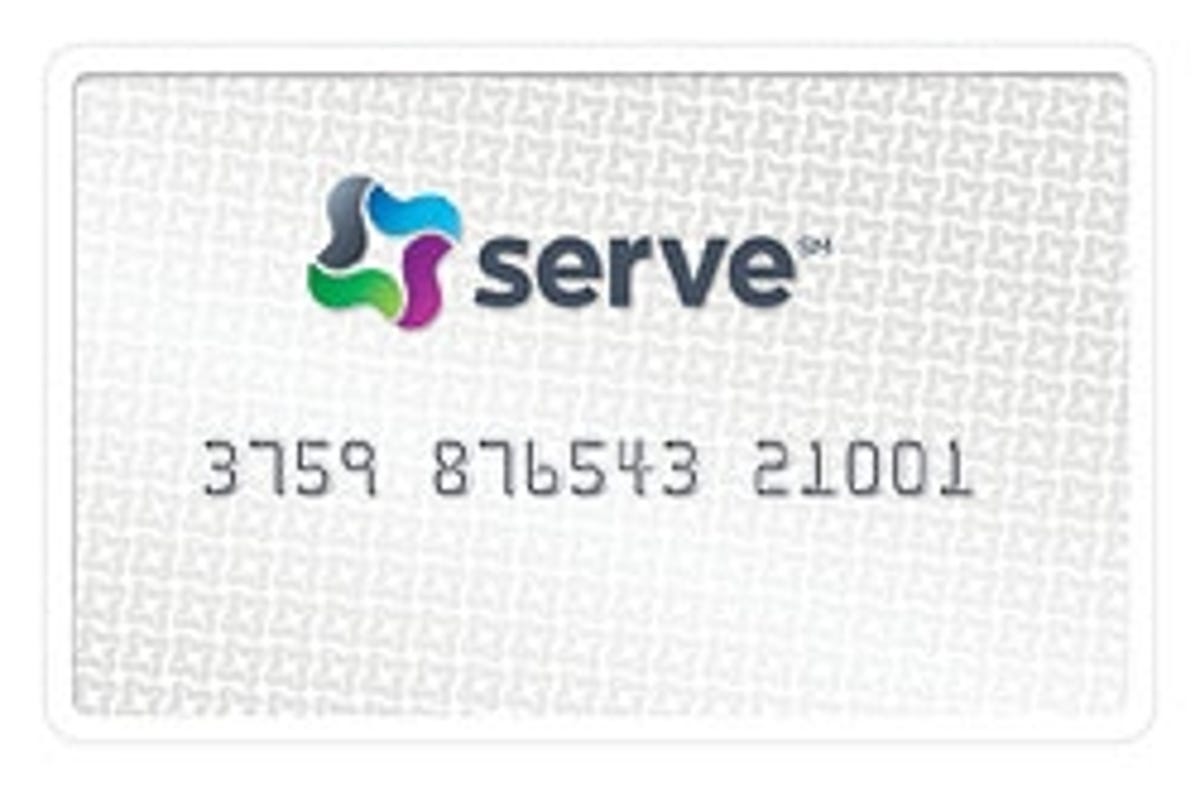Two weeks after launching an all-new digital-payments platform called Serve, American Express is doubling its efforts in the emerging space with an investment in Payfone, a mobile-payments provider.
Payfone has raised $19 million in a third round of funding. In addition to American Express, Verizon Investments and Rogers Communications are also participating, along with existing investors Opus Capital, BlackBerry Partners Fund, and RRE Ventures.
As part of the investment, American Express will integrate Payfone’s mobile-payments service into Serve.
Serve is American Express’ new digital-payments initiative, which lets consumers make purchases, take cash withdrawals from ATMs, and make person-to-person payments from their computer or their phone. Serve is like PayPal today, but aspires to be something much broader that integrates mobile payments, loyalty programs, and other social and connected services.

Right now, most of the services revolve around plastic cards and mobile applications.
But together, the companies said Serve will be able to offer consumers the ability to make purchases online using their mobile phone number at checkout. To do so, consumers would link their mobile numbers to a variety of payment methods, including a wireless bill or Serve account.
Many other venture-based companies are meddling in mobile payments, but it has been slow to take off, since the fees carriers charge can be prohibitively high for merchants. Instead of taking a couple of percentage points, like Visa or MasterCard, carriers can charge up to 40 percent of each transaction.
Other start-ups in the space include Zong, Boku, BilltoMobile, and Mopay.
So far, high fees have mostly limited payments to high-margin items, such as virtual goods. While we’ve reported that’s changing, and digital and physical goods are becoming more of a reality, Payfone believes it has a faster way to market.


The explanation is a bit complex and the details are caught up in the deep recesses of the network. But at a very high level, Payfone is trying to build a system that relies on the same standards used by carriers that give permission for a subscriber to roam from one network to another.
When a subscriber roams today, it requires two carriers to communicate to ensure that a subscriber is in good standing and will be able to pay the roaming fees–and to do that as fast as it takes to make a phone call.
In the same way, Payfone says it can determine if a consumer has the funds or the credit worthiness to make a purchase. By checking with the carrier upfront, it also claims to dramatically reduce fraud charge-backs and identity theft–which makes it feasible to reduce the fees in the system.
Payfone said it will use the fresh round of capital to continue expanding across North America, Europe, Latin America, and Asia.
While American Express’ participation in Payfone signals the company’s interest in the category, it pales in comparison to the $300 million acquisition of Revolution Money, which makes up the basis for the Serve platform today.



